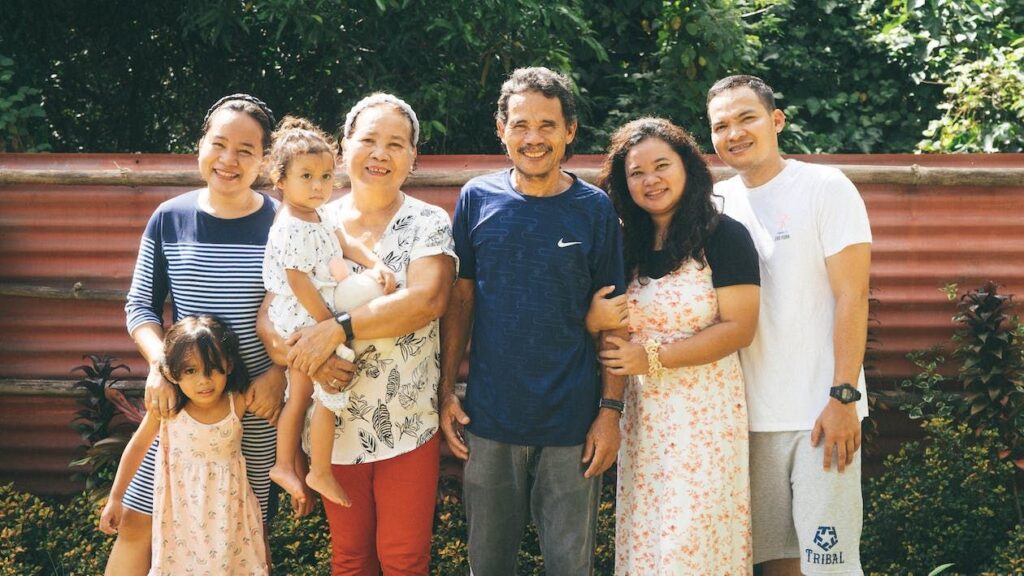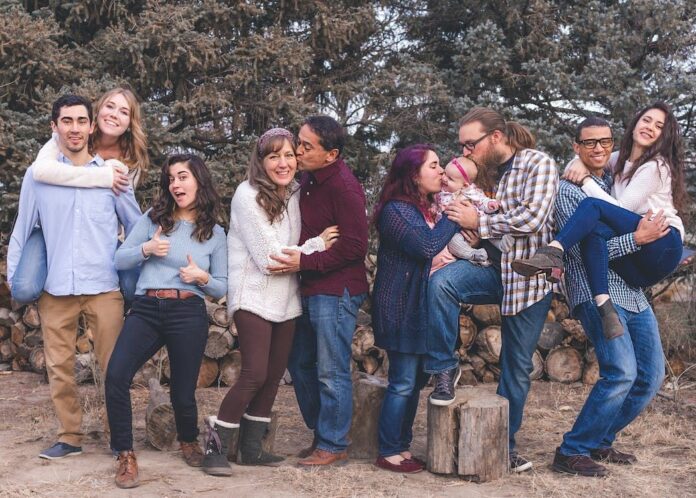“The apple doesn’t fall far from the tree.”
This familiar saying captures the essence of how children often resemble their parents, inheriting behaviors, patterns, and choices across generations. The concept is simple: children observe and replicate their parents’ actions, influenced by the examples set before them.
Contemplate this for a moment. Our children absorb essential life skills from us: how to crawl, walk, eat, sleep, communicate—and ultimately, how to engage with others and navigate life’s challenges.
The weight of setting a positive example or being a role model is substantial for any parent. This pressure becomes even more profound if your own childhood was marked by struggles or difficulties (a shared experience for many). Everyone encounters obstacles rooted in their early years, and whether consciously acknowledged or not, our upbringing undeniably shapes our approach to raising the next generation.
My own journey was unveiled on the TEDxGEM stage in France. I grew up with a caring yet traditionally-minded mother who believed that children should be seen but not heard. This upbringing led me to suppress my inner voice, training me to remain silent even in moments of exploitation.
Each of us carries a narrative, complete with its own scars. However, we are tasked with the responsibility to prevent negative cycles from perpetuating with our own children. Without careful consideration, the issues stemming from your own past might manifest in your interactions with your offspring.

Whether you’re a new parent striving to cultivate a nurturing environment for your baby’s growth or a seasoned caregiver witnessing echoes of your upbringing in your relationship with your adolescent, it’s pivotal to recognize three warning signals that suggest the need for change:
1. How to Let Go of Childhood Pain: Reflect on your own childhood. Were you blessed with a joyful upbringing, where you felt supported, understood, and acknowledged by your primary caregivers? Some adults who experienced early feelings of neglect may unconsciously project their own emotions onto their children. This can lead to extreme reactions like distancing or overprotectiveness. Ask yourself: Are your responses driven by your feelings or by theirs?
2. How to Release Childhood Baggage: Certain parents withhold privileges from their children, believing it’s a necessary lesson because they were denied those very privileges while growing up. A father might say, “You’ll work each summer instead of attending camp, as that’s how I was raised to be responsible.” Yet, “tough love” isn’t always the solution. Reflect on whether you truly needed that level of severity from your parents. What if they had provided more empathy and support instead?
3. Let go of emotional baggage: It’s only natural for parents to shield their children from repeating their own errors. However, parenting driven by the fear that your children might rebel can inadvertently convey a lack of trust or even label them as “bad” kids. An alternative, healthier approach is empowering self-guidance. Value your children’s opinions and viewpoints. Demonstrate that they can openly discuss anything with you, assuring them of your unconditional love.
Confronting your own childhood experiences is no simple feat, but it’s the sole means to crafting a brighter future. When we mend past wounds, we free our children (and ourselves) from generational cycles, establishing a foundation for healthier parent-child relationships. Regardless of where you stand in your parenting journey, you can initiate the process of releasing childhood baggage, paving the way for a fresh start for your children.
Feeling prepared to address your past and enhance your bond with your child? Reach out to me, and together, we’ll embark on this transformative journey.
Love and Blessings,
Katherine





